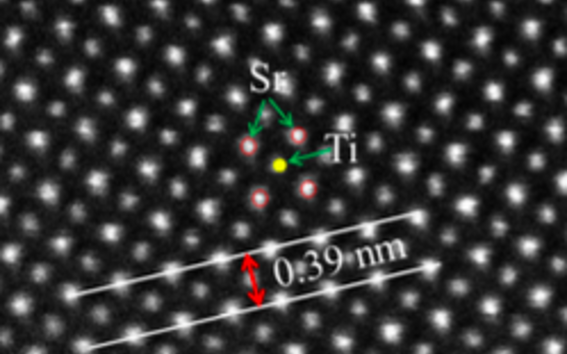New materials for fuel cells

Fuel cells convert fuels into electricity without moving parts, and are a potential technology for clean energy production both in stationary applications like houses and factories and mobile applications like cars and trucks. They produce electricity by making use of electrochemical reactions, and to simplify the design of fuel cells, researchers from Aalto University lead by Professor Peter Lund in collaboration Northeastern University in China have developed a solid oxide fuel cell based on a single-oxide SrTiO2 electrolyte.
Sandwiching this layer between two Nickel-Cobalt-Aluminium-Lithium Oxide layers, a thin composite was formed which showed good performance as a fuel cell. The best test sample reached a high power density of 620 mW per cm2 at 550 °C with hydrogen as fuel. The electrolyte forms a mixed proton and oxygen ion conductor with a core-shell structure, which blocks electron transfer in the electrolyte. The ionic conductivity of the single-oxide electrolyte was high. The basic structure of the fuel cell developed is simple and it lends to industrial-scale manufacturing processes. The results were recently published in Journal of Material Chemistry A, 2019, DOI: 10.1039/C9TA00499H
Read more news
Soil Laboratory Exhibition – Exploring the Dialogue Between Human and the Earth in Utsjoki
Soil Laboratory explores the relationship between humans and the earth as a living landscape through ceramic practices in Utsjoki.
The Finnish Cultural Foundation awarded grants for science and art
A total of 15 individuals or groups from Aalto University received grants
Environmental Structure of the Year 2025 Award goes to Kalasatama-Pasila tramway
The award is given in recognition of meritorious design and implementation of the built environment. Experts from Aalto University developed sustainability solutions for the project.






